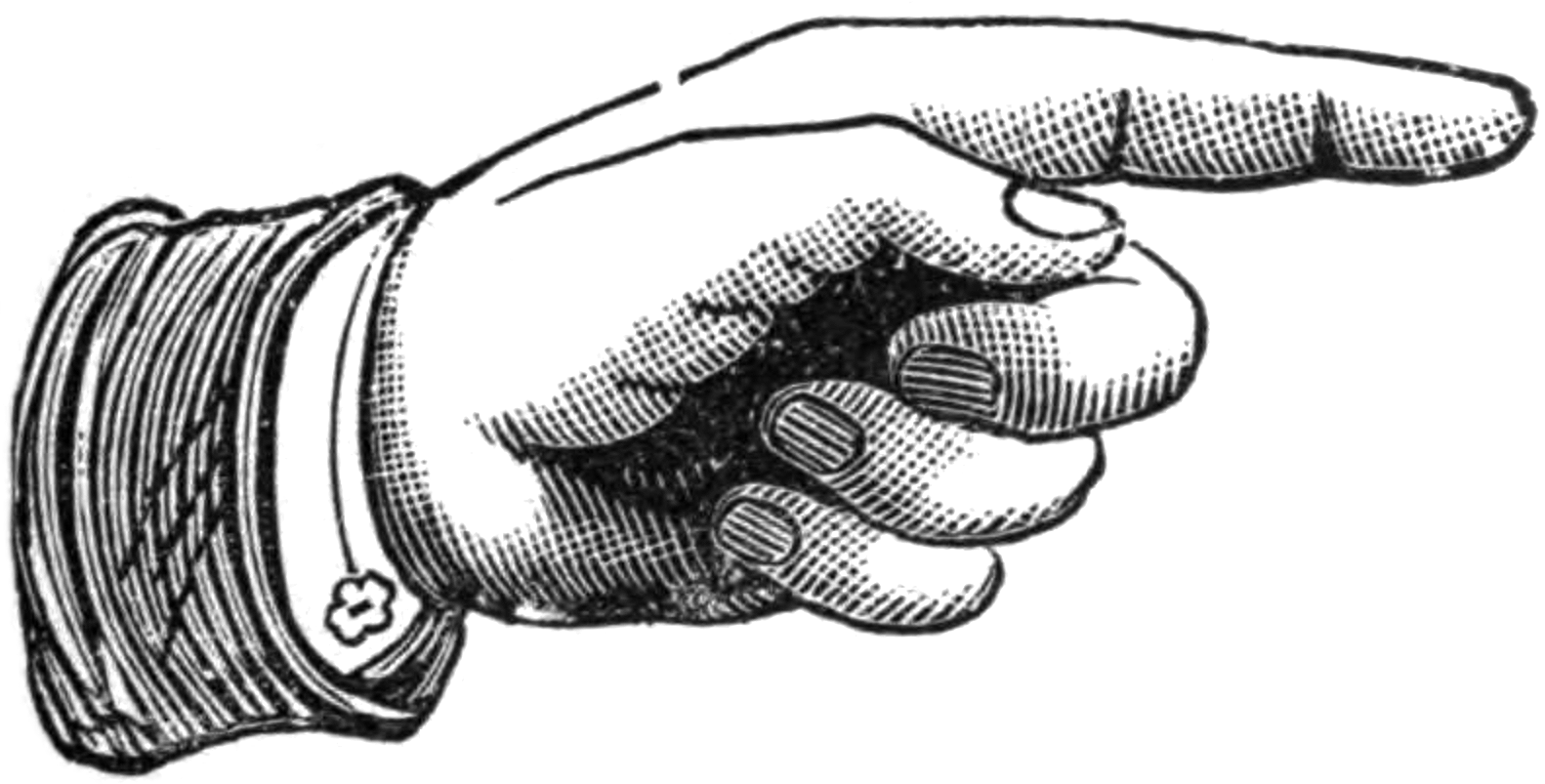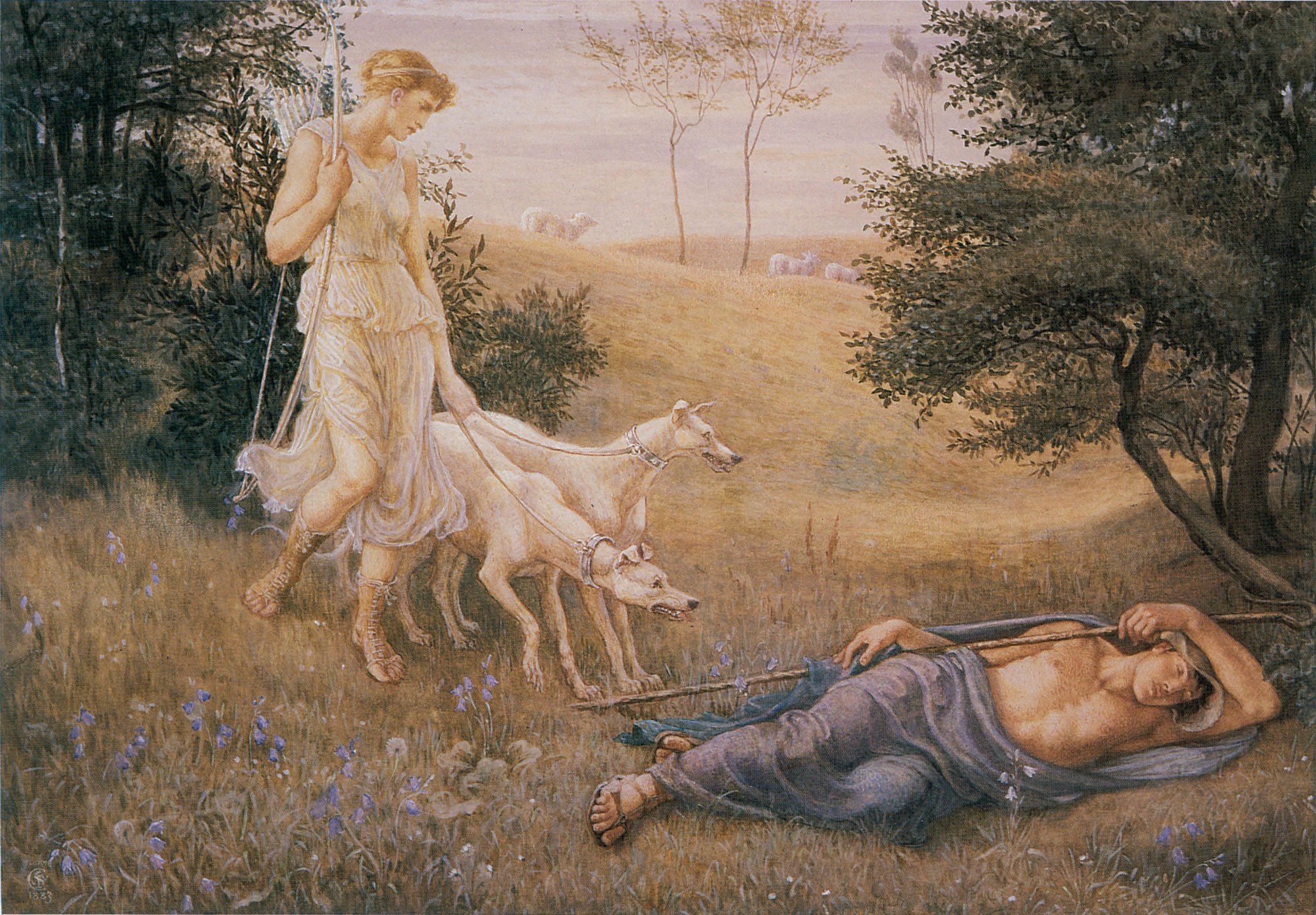Frederick Daniel Hardy, The Necklace
A self-assured social upstart makes her way in the world.
For Trollope, see Novels 029, 079, 138. This is the first installment of a trilogy featuring the title character.
Readers “will be presently enchained in the interest of the tale; for Mrs. Trollope’s usual merit—that of directness of purpose, and a strong belief and interest in her own subject—does not forsake her in the present instance. . . . The tale proceeds naturally, cheerfully, steadily, till the third volume is half over; when a harlequinade of forced combinations and improbable adventures commences. . . . The Widow’s earlier achievements are a genuine and amusing comedy. . . . The account of her earliest exploits . . . is almost worthy of the authoress of ‘Pride and Prejudice:’ higher praise we scarcely know how to give.” Athenaeum, January 5, 1839
“To be sure the writer’s vulgarism, prejudices, and forced combination of melo-dramatic circumstances . . . mar the character of the work; but more than one of the personae dramatis, especially ‘The Widow,’ are originals, and yet truth-speaking portraits. The localities where the story developes itself, such as Clifton, Cheltenham, are capitally sketched, with all their provincial ambitions, scandals, and shabbiness.” Monthly Review, March, 1839
Download this week’s novel:
v.1 https://archive.org/details/widowbarnaby01trolrich
























